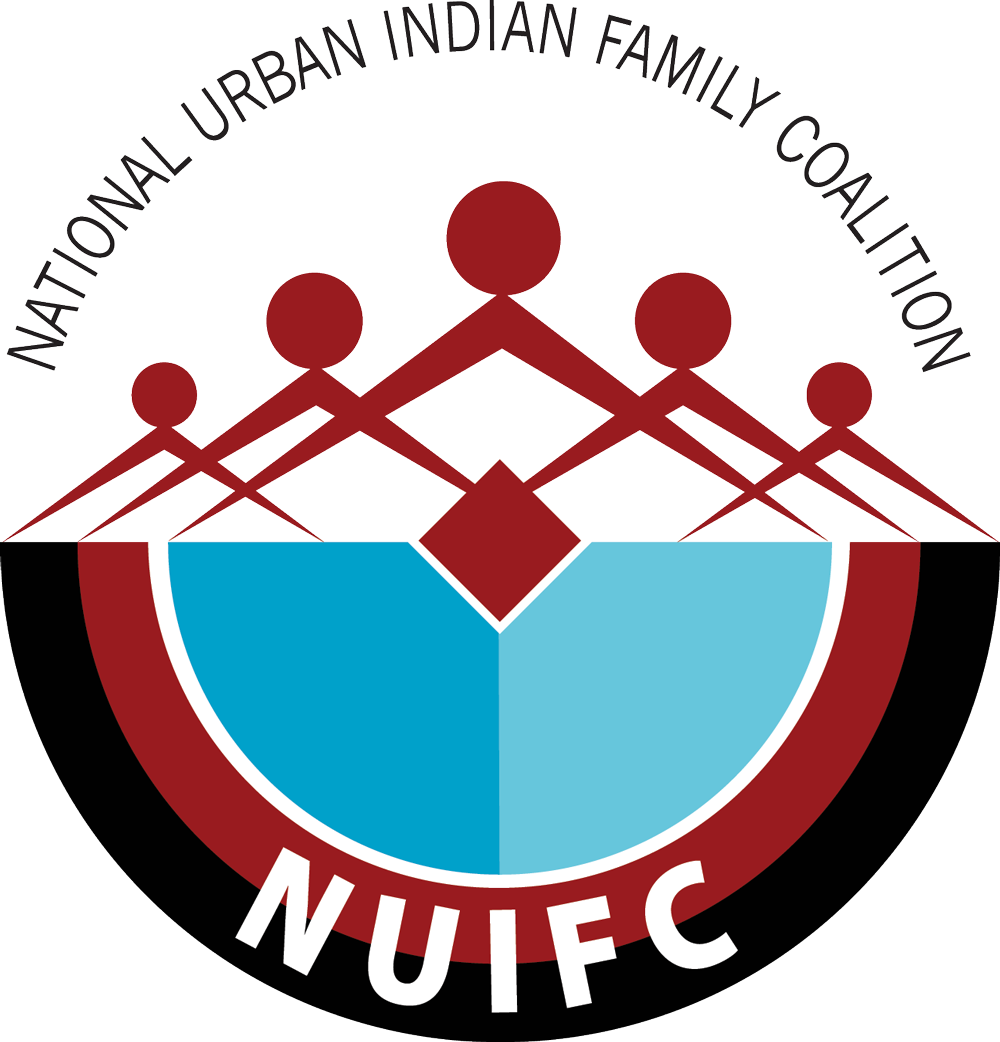Native News Online // Urban American Indians Organizing to Play a Significant Role in the 2018 Election
#NativeVote18
Published November 2, 2018
National Urban Indian Family Coalition to launch the first ever national, Urban American Indian civic engagement initiative.
SEATTLE — This fall, the National Urban Indian Family Coalition (NUIFC) launched a national voter and civic engagement initiative targeting 16 urban American Indian communities across the country across the country representing nearly 700,000 Native people. This ambitious endeavor is critical for Urban American Indians, which make up over 65% of the total American Indian and Alaska Native (AI/AN) population in the U.S., but who are often not included or engaged in “get out of vote” and traditional civic engagement programs. The NUIFC invested $400,000 directly into 16 Urban Indian organizations in 16 states across the country. The organizations participating in this initiative have a history of effectively serving their respective Native communities with a range of culturally-responsive services and resources.
Volunteers went door-to-door from Sacred Pipe Resource Center in Bismarck, North Dakota.
“The Native American Youth and Family Center (NAYA Family Center) has made an intentional investment in building the capacity of our civic and voter engagement programs over the past few years and they’ve paid huge dividends. Our Native community is well positioned when it comes to advocating for public investment in addressing socio-economic disparities experienced by our children, family and elders,” says Paul Lumley (Yakama Nation), Executive Director of the NAYA Family Center.
For many of the urban organizations this is the first time they have had the funding to focus their efforts on getting out the vote and engaging community members in voter education activities leading up to the November 6th election. Right now, there is a flurry of activity happening in Urban Native communities across the country, including voter registration, issue and candidate education, social media, and print media campaigns. Organizations have hosted candidate forums in Minneapolis, Oklahoma City and Portland; ballot parties in Seattle, and Kansas City; door knocking in Bismarck, ND, and; in San Antonio, Texas a comprehensive community campaign called “Making the Invisible Visible,” which highlights community demographics and engages with other communities of color in San Antonio. There are two statewide campaigns in Alaska and Idaho funded to get out the Native Vote.
As Urban American Indian communities continue to grow, they become increasingly important voting blocks for local, state, and national elections. While this population is often overlooked, the NUIFC hopes this investment will be just the beginning of a long-term effort to build capacity and develop a network of organizations across the country that can coordinate and mobilize
hundreds of thousands of voters, engage American Indians and Alaska Natives as advocates in civic life, and activate an increasingly powerful political voice in urban communities across the country.
“At the local level, elections are often won by a few thousand or even a few hundred votes, in cities with Native populations, each vote is critical and Native people can absolutely make a difference in those elections. Seeing ourselves reflected, active and engaged in the body politic in the United States is immeasurably important. We are making the invisible visible.” said Janeen Comenote, Executive Director of NUIFC. “In our 15-year history of observing urban American Indian communities, those communities who have a civically engaged Native constituencies tend to thrive in the civic landscape of America.”
With a relatively short-timeline, each grantee organization has designed and developed their own unique civic and voter engagement strategies that reflect the capacity and sophistication of their programs and resonate with their respective Urban American Indian community and with other vulnerable communities of color. Here’s a list of the organizations and the locations that will be participating in this inaugural initiative:
* Americans for Indian Opportunity – Albuquerque, NM
* American Indian Center of Chicago – Chicago, IL
* American Indian Center of Indiana – Indianapolis, IN
* American Indians in Texas Spanish Colonial Missions – San Antonio, TX
* American Indian OIC – Minneapolis, MN
* Chief Seattle Club – Seattle, WA
* Denver Indian Center – Denver, CO
* First Alaskans Institute – Anchorage, AK
* Kansas City Indian Center – Kansas City, MO
* Las Vegas Indian Center – Las Vegas, NV
* Native American Youth and Family Center – Portland, OR
* Nez Perce Tribe – Lapwai, ID
* Oklahoma City Indian Clinic – Oklahoma City, OK
* Phoenix Indian Center – Phoenix, AZ
* Sacred Pipe Resource Center – Bismarck, ND
* Native American Development Center – Bismarck, ND
* The Native Project – Spokane, WA
Each of the organizations have received a range of funding, depending upon their size and capacity, and are working toward shared metrics aimed at increasing voter registration, engagement, and turnout. NUIFC is cultivating support for this initiative with hopes of expanding funding sources and increase investments to the participating organizations.



